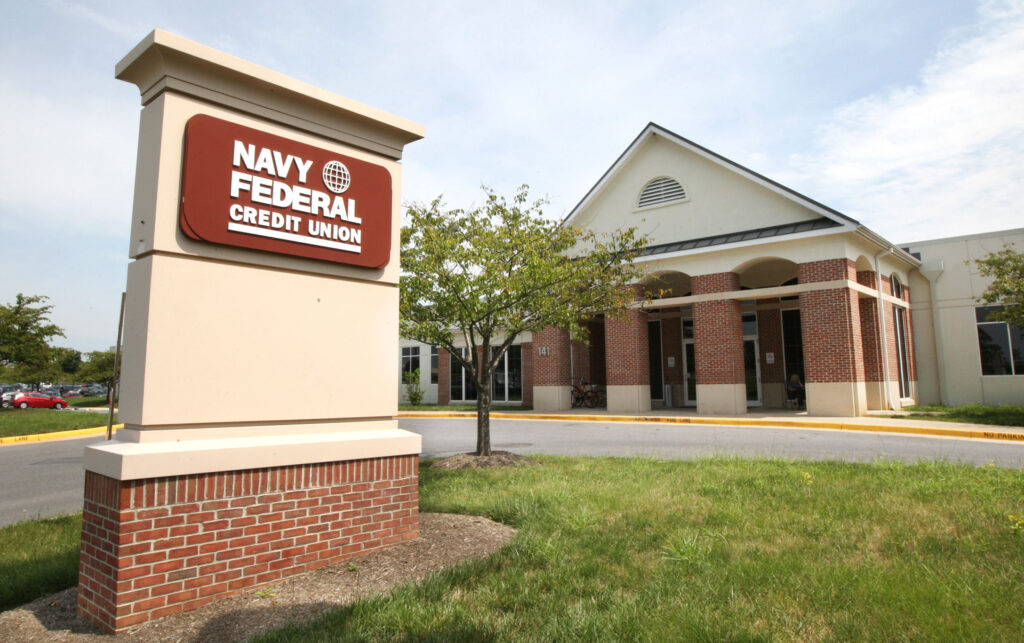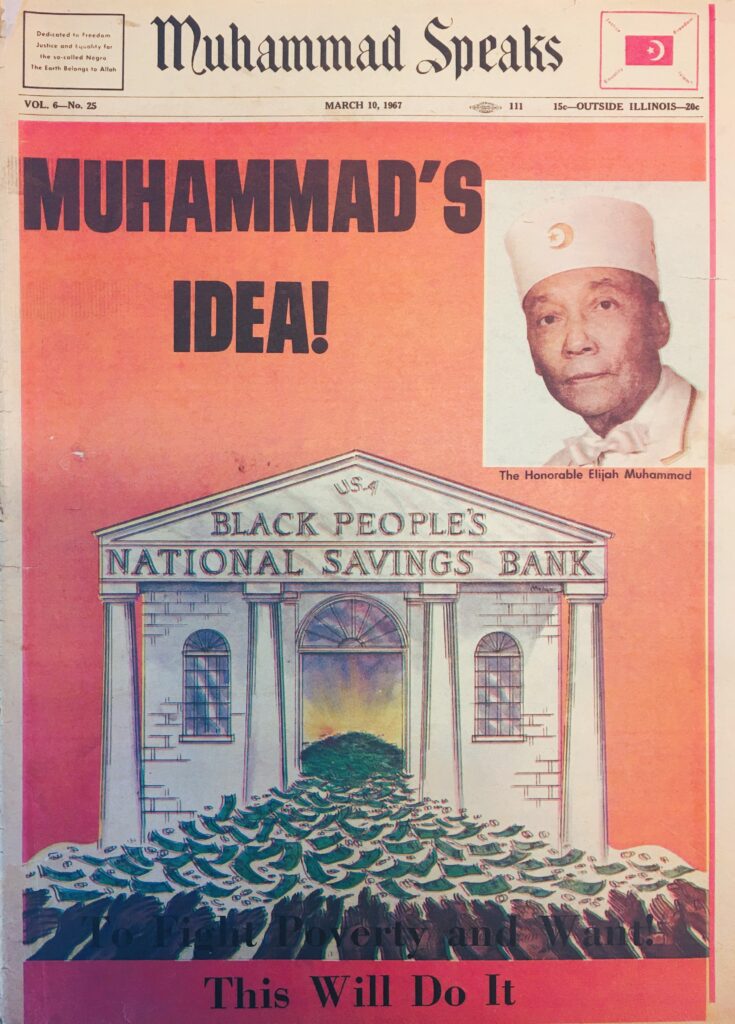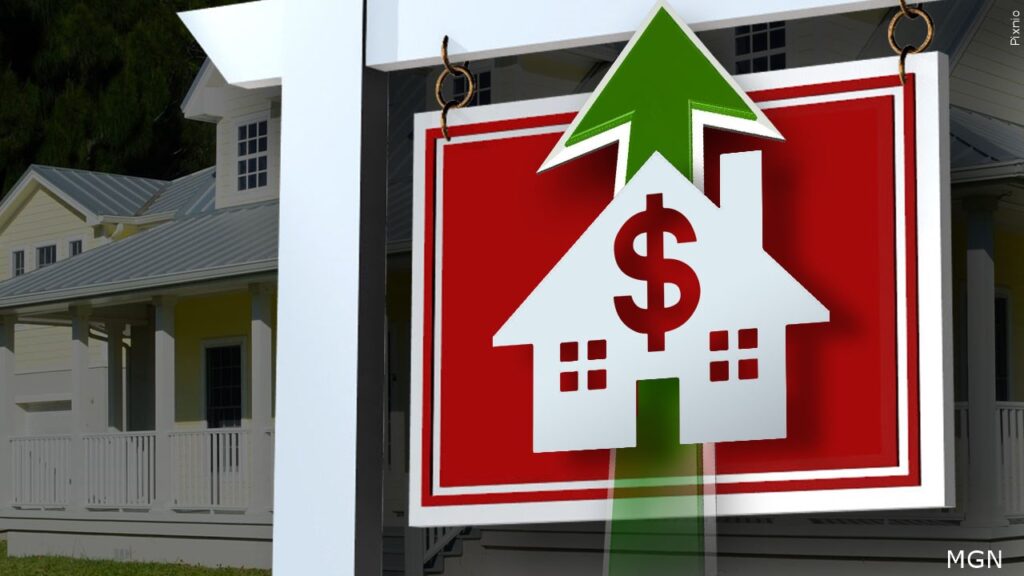Over the years, Black people on social media have kept track of everything “you can’t do while Black,” and every day, a new item is added to the list. Recent lawsuits, allegations and reports have proven that “banking while Black” is still one of those things.
In late February, a Black couple, Shanquese Jones and Bryan Craft Jr., filed a lawsuit against a Comerica Bank in Rochester Hills, Michigan, a city in metro Detroit. They accused the bank of racial profiling after Ms. Jones attempted, four times, to cash an insurance settlement check worth $1,000. She claimed the bank continuously denied her.
In order to test if the bank was racially discriminating, the couple’s attorney, Brandon McNeal, sent a White customer to the same branch to cash a similar insurance settlement check, according to a local Detroit news station. The White customer had “none of the same issues,” Atty. McNeal said.
The Department of Justice has issued its own investigations into banks that are still using redlining, a discriminatory practice that originated in the Jim Crow era. First National Bank of Pennsylvania is one of the latest to be caught in the DOJ’s line of fire and has agreed to pay $13.9 million.

The bank was accused of redlining predominantly Black and Latino neighborhoods in Charlotte and Winston-Salem, North Carolina, for four years, between 2017 and 2021.
“Redlining is an illegal practice in which lenders avoid providing credit services to individuals living in communities of color because of the race, color, or national origin of residents in those communities,” stated the DOJ’s press release on the settlement.
The complaint against First National Bank alleges that since 2017, when the bank purchased one of North Carolina’s regional banks, it failed to provide mortgage lending services to predominantly Black and Latino neighborhoods in Charlotte and Winston-Salem, it discouraged people seeking credit in those communities from obtaining home loans, it focused its home mortgage lending on the White areas of the two cities and it closed its only branch in Winston-Salem.
Other lenders generated applications in predominantly Black and Latino neighborhoods at 2.5 times the rate of First National Bank in Charlotte and four times the rate in Winston-Salem, the DOJ said.
First National Bank will invest most of the $13.5 million in a fund to help subsidize loans for Black and Latino borrowers looking into home mortgage, home improvement and home refinance options. As part of the settlement, the bank will also open new branches in Black and Latino neighborhoods in Charlotte and Winston-Salem.
So far, the DOJ has secured a total of $122 million from its “Combating Redlining Initiative,” which was launched in 2021 to “address this persistent form of discrimination against communities of color.”
Banks are not the only financial institutions carrying out discriminatory practices against Black people. Two Black women, Cherelle Jacob and Laquita Oliver, are suing Navy Federal Credit Union, the largest credit union in the country, for alleged discriminatory lending practices.

Ms. Jacob and her husband, an armed forces member, submitted a mortgage application to Navy Federal to purchase a modest family home, according to the lawsuit.
But despite making a combined salary of $200,000, above 800 credit scores and no debt, they were turned down in October 2023. Similarly, Ms. Oliver, who makes approximately $100,000 annually and has good credit, a history of home ownership and very little debt, applied for a mortgage to purchase a $400,000 home in August 2023 and was denied.
The lawsuit was filed after a CNN report revealed that the credit union, which lends to military servicemembers and veterans, approved more than 75 percent of the White borrowers who applied for a new conventional home purchase mortgage in 2022 but less than 50 percent of Black borrowers.
“The nearly 29-percentage-point gap in Navy Federal’s approval rates was the widest of any of the 50 lenders that originated the most mortgage loans last year,” the CNN report says. “The disparity remains even among White and Black applicants who had similar incomes and debt-to-income ratios.
Notably, Navy Federal approved a slightly higher percentage of applications from White borrowers making less than $62,000 a year than it did of Black borrowers making $140,000 or more.”
The depths of discrimination
When the report on Navy Federal Credit Union first published, Texas-based attorney Augustus Corbett of Corbett and Corbett, LLP, used his YouTube channel, “Defiant Lawyers,” to discuss the systemic racism at play.
“It’s very troubling to hear those allegations because of a number of reasons. One, just the fact that if true, then the allegations confirm widespread systemic racism, institutionalized racism against African Americans, which is very problematic, especially in the area of the mortgage industry, because that tends to be the place where African Americans tend to build wealth,” he said to The Final Call.
He described the different areas he has seen banking discrimination.
“We see discrimination with employment. There are banks that have allegedly failed to promote African American bank employees on parity with their White employees. So, we see it in the mortgage industry, we see it in the employment area of banking and we also see it on the retail side of banking,” he said.
“In the retail space, there is this phenomenon of banks racially profiling their African American customers. We’ve represented several folks who have attempted to withdraw funds from their bank and were denied those funds. So, we see it across the board in the banking industry.”
He also mentioned redlining and bank settlements due to alleged failure to maintain foreclosed properties owned by Black people, and the law that allows people to sue for such discrimination is not as strong.

“If you or me or any African American person is a bank customer and we go to the bank to cash a check or to withdraw funds or mortgage or what have you, there is a law from 1866. It’s the Civil Rights Act of 1866, which was passed immediately after slavery was abolished during Reconstruction. That Civil Rights Act of 1866 is now encoded in federal law as 42 U.S.C. § 1981,” he said.
He explained that the section prohibits banks from discriminating against their Black customers and that when a bank is sued for discrimination, it is sued on the basis of that section. But the victim has to prove racial intent.
“That is very, very difficult. Because you almost need the teller to call you the N-word or say something else. If they don’t say the N-word or if they don’t do something else that’s overtly racist, then a lot of times your cases get dismissed,” Atty. Corbett said.
Ayesha Selden, an economic activist, said to The Final Call that most Black people are not surprised to hear the statistics related to banking discrimination. She shared that the disparities not only exist in the approval process for mortgage loans, but they also exist in the appraisal process, the act of estimating the value of homes.
“We’ve known for quite some time that our homes, when it comes to specifically financing, appraise for less when the appraiser knows that a Black family lives in the house,” she said.
Ms. Selden has worked as an active real estate developer for over 22 years. She knows people who have “de-blacked” their home prior to having it appraised.
“What that means is they remove any Black photographs or Black art or anything that looks Black in the house, hair grease, hairspray, whatever,” she said. “I’ve even had a friend that was not only de-blacking her home, but also had a White friend come over and introduce herself as the homeowner,” she said.
Yet, when it comes to taxes, Black and Brown neighborhoods are assessed at higher values, she shared, causing Black and Brown people to pay higher tax rates. But she pointed out that even with paying higher taxes, the services in Black and Brown communities are still subpar compared to White communities.
“The average American’s net worth is largely tied to equity in their home. That is the primary driver of wealth in America, real estate value. So, if I have real estate value, if I’m a White homeowner and I can get a higher appraisal, I can use that equity to further my position financially in life,” Ms. Selden said.
“If I live in a mixed community and I’m being hit on appraised value, because the appraiser sees a Black person was there and they give me a lower appraisal, I can’t use that equity to advance myself financially like my White counterparts can. And then, of course, you’ve got us paying excessive taxes for services that are terrible in our neighborhood.”
Past evils and what should be done
Those interviewed by the Final Call shared how, historically, Black people have been left out of economics in America.
“What I believe that Black people in America have suffered from, from a financial standpoint, is compounded disadvantages for our labor that built this country starting in the 1600s,” Ms. Selden said. “By the time we were freed some 400 years later, those benefits never trickled down to us as Black people.
Institutions were put in place to preserve that wealth that was given to White immigrants that came into the country hundreds of years ago, that never came over to Black people.”
“So, when you look at the institutions that were set up initially, that would be government; that would be banking; that would be everything that is essentially the economic foundation of this country,” she added.
She listed the generations of trauma Black people have gone through in America, from slavery to Jim Crow to crack cocaine flooding the Black community to today, where Black people are still disproportionately killed by police.
Ms. Selden believes that the only solution to the economic problems plaguing Black America is “togetherness.”
“It is community work. It is absolutely us unifying together for both economic and ultimately political power that changes what has been against us since the day we stepped foot in this country. Togetherness for me looks like cooperative economics,” she said.
“One of the things I love, love, love, is some of the teachings that I’ve seen of Elijah Muhammad back in the day when he’s talking about us having businesses together, us having community businesses, us doing business with each other. It’s us taking initiative,” she added, referring to the Most Honorable Elijah Muhammad, Eternal Leader of the Nation of Islam.
In a Final Call article excerpt titled, “Blackman Do For Self Or Suffer The Consequences,” the Honorable Minister Louis Farrakhan, National Representative of the Most Honorable Elijah Muhammad, touched on how White financiers and banks move into Black and Brown communities, buy up the property, tear down the shabby buildings and build high-rise condominiums that the poor and Black cannot afford to live in.
“We must make the business world more accountable to us,” he said. “Take, for an example, the situation of banks and their relationship to the Black community. Black people put millions of dollars into these banks but get little or no benefits in return.
They take our money and invest it, but the Black community reaps nothing, because the banks do not invest within the Black community. They take our money and build houses that we cannot live in. We can no longer tolerate this behavior. The banks that we do business with must become more responsive to our needs.”













